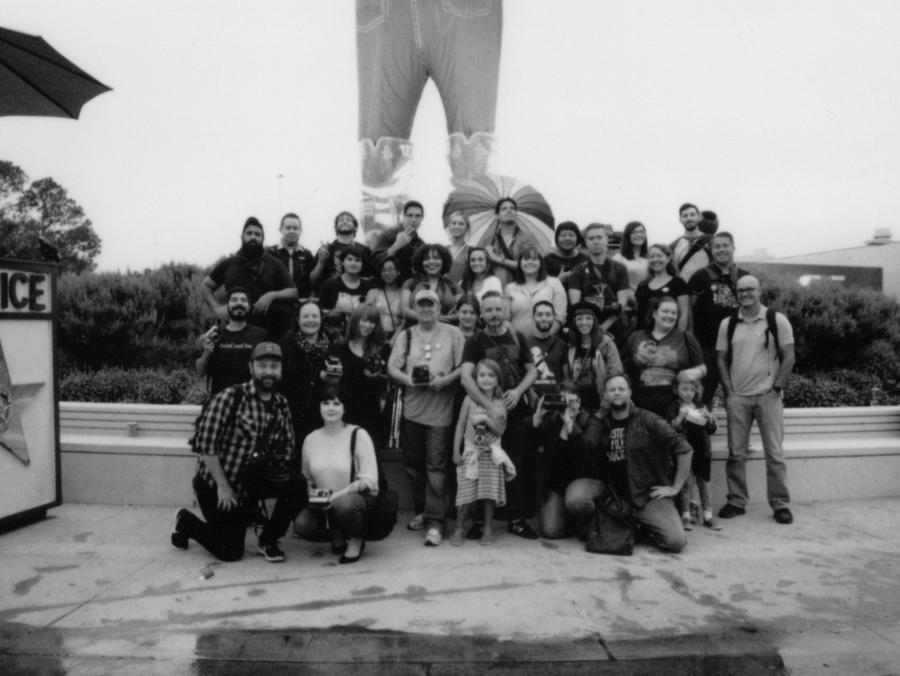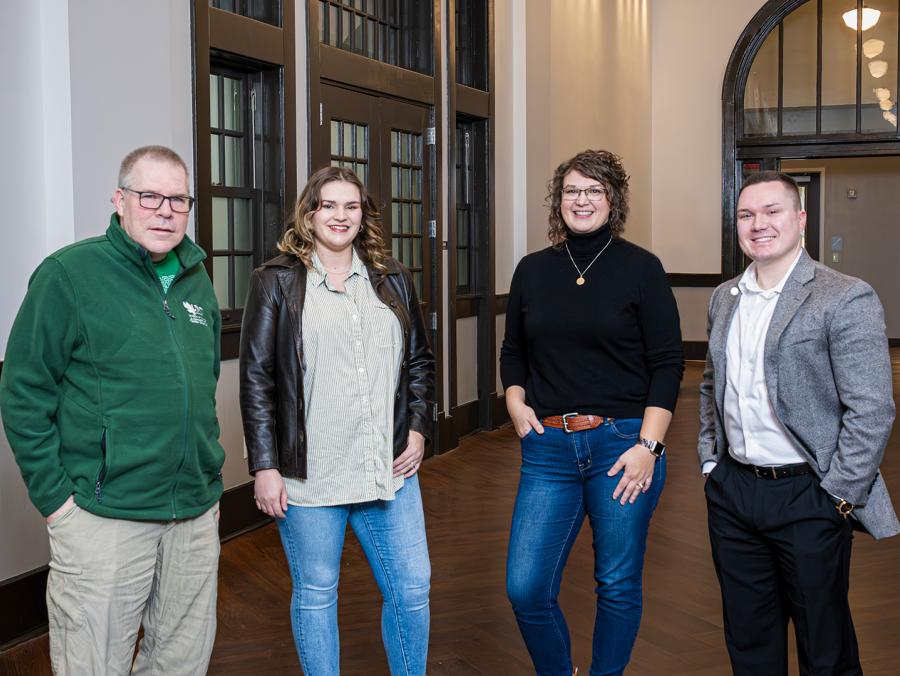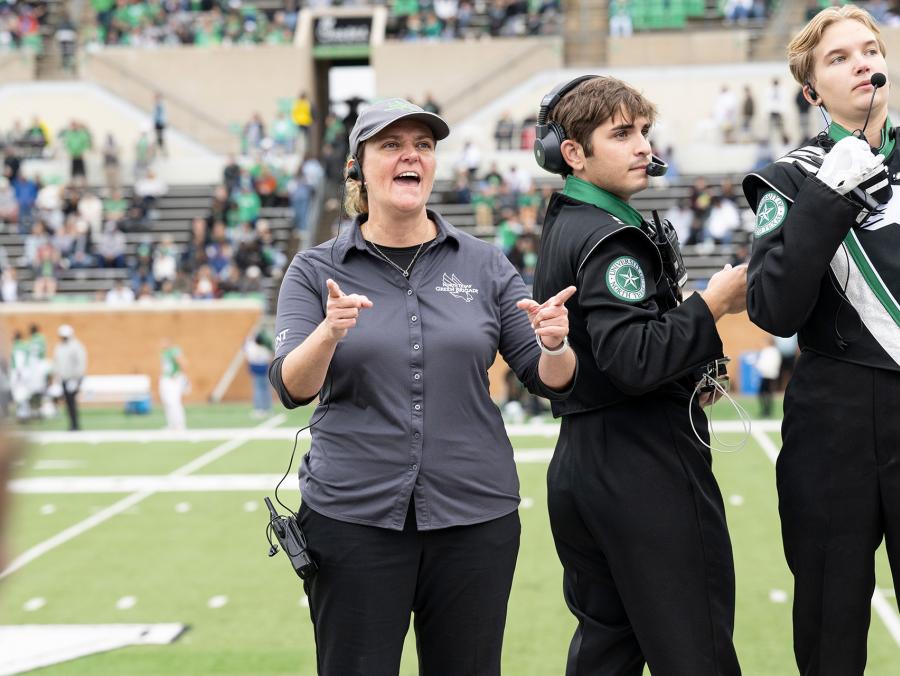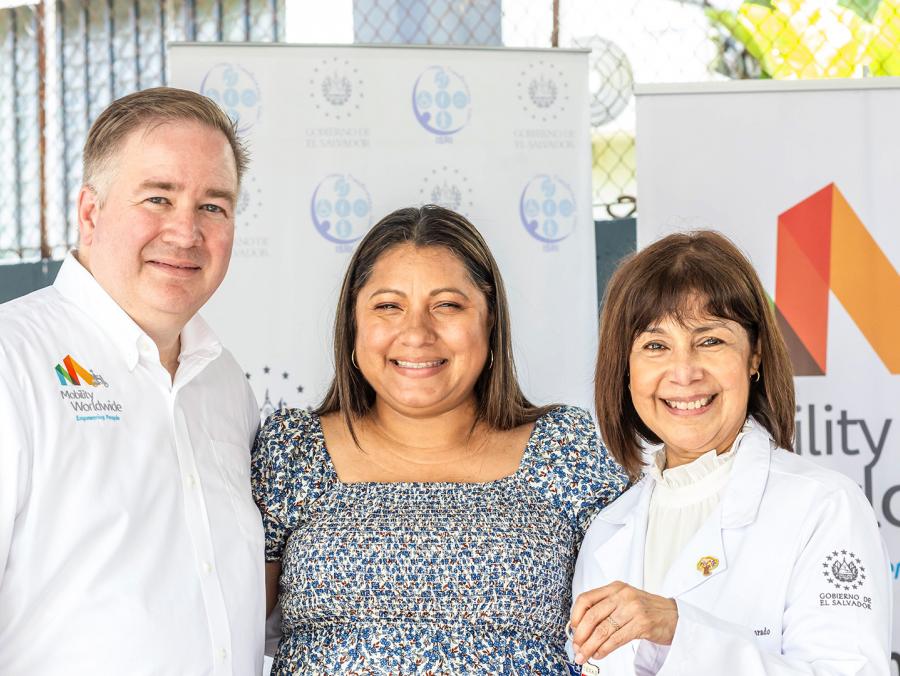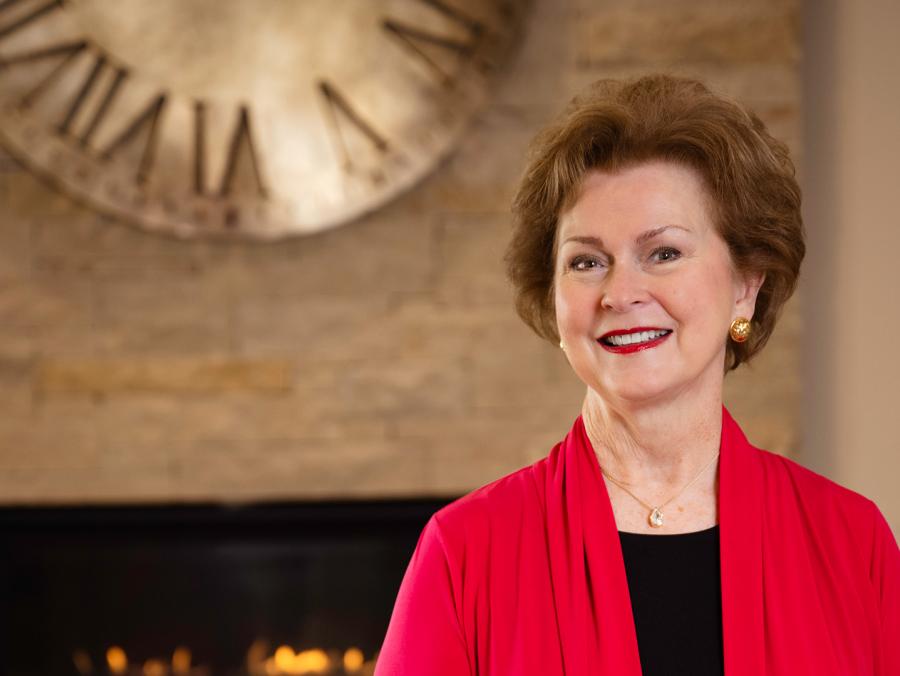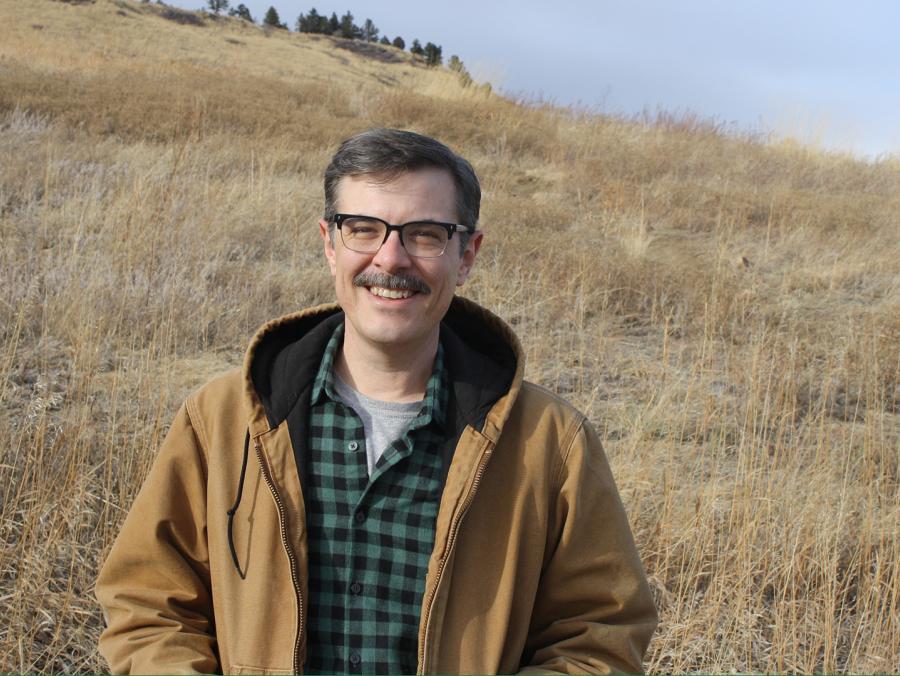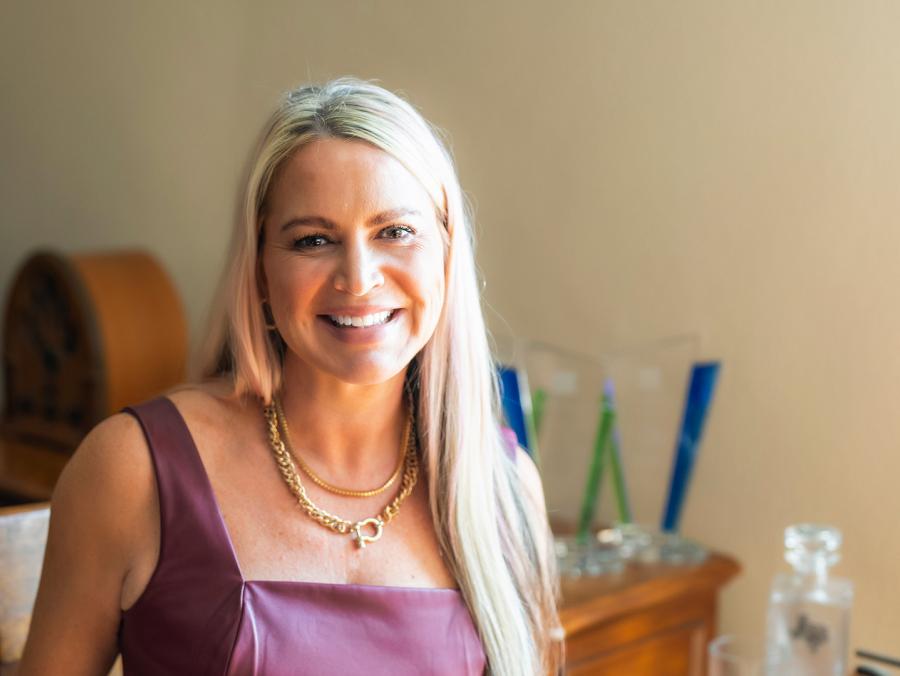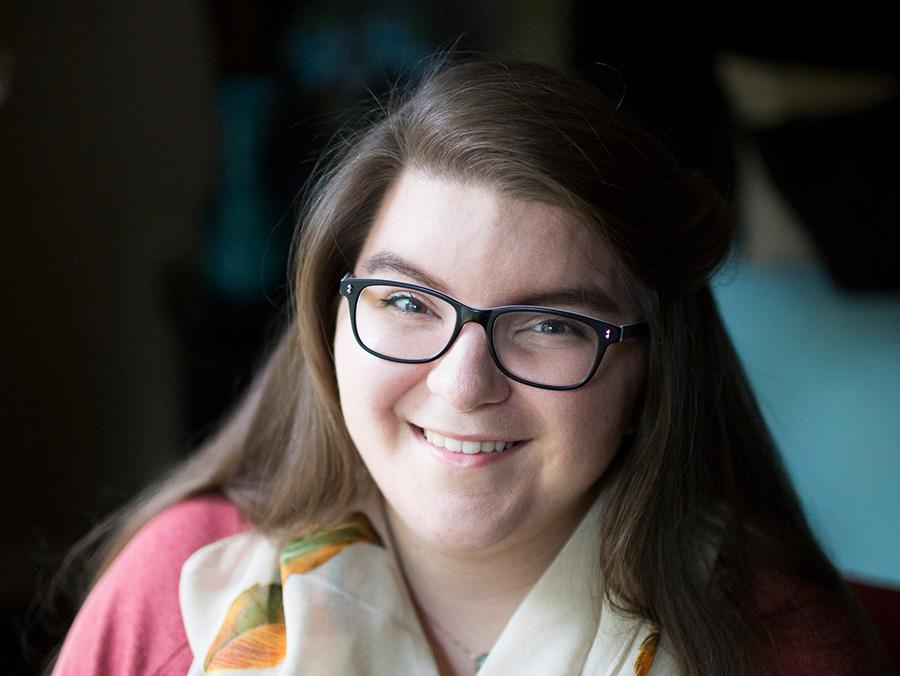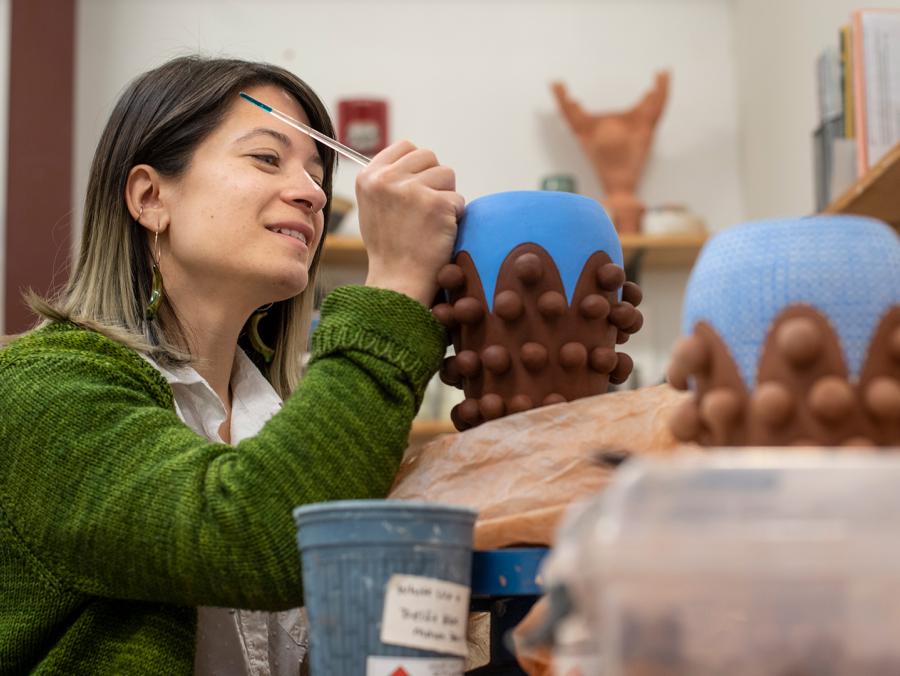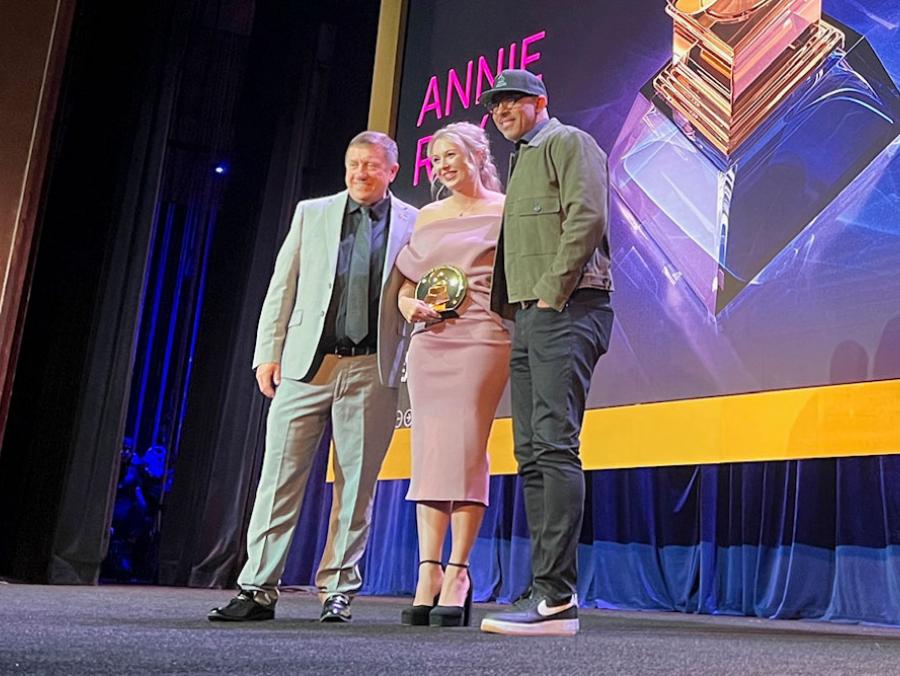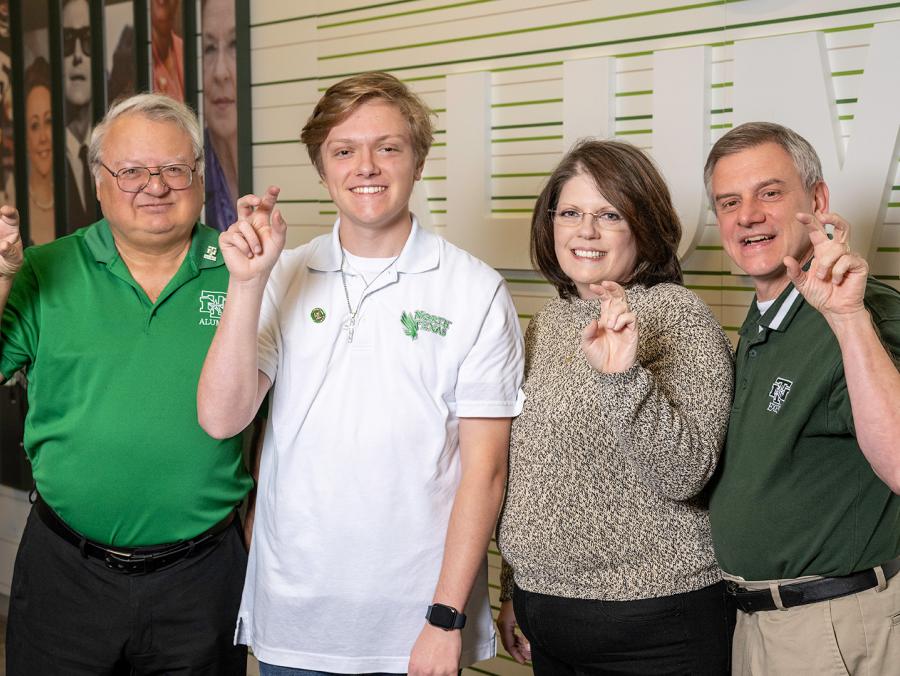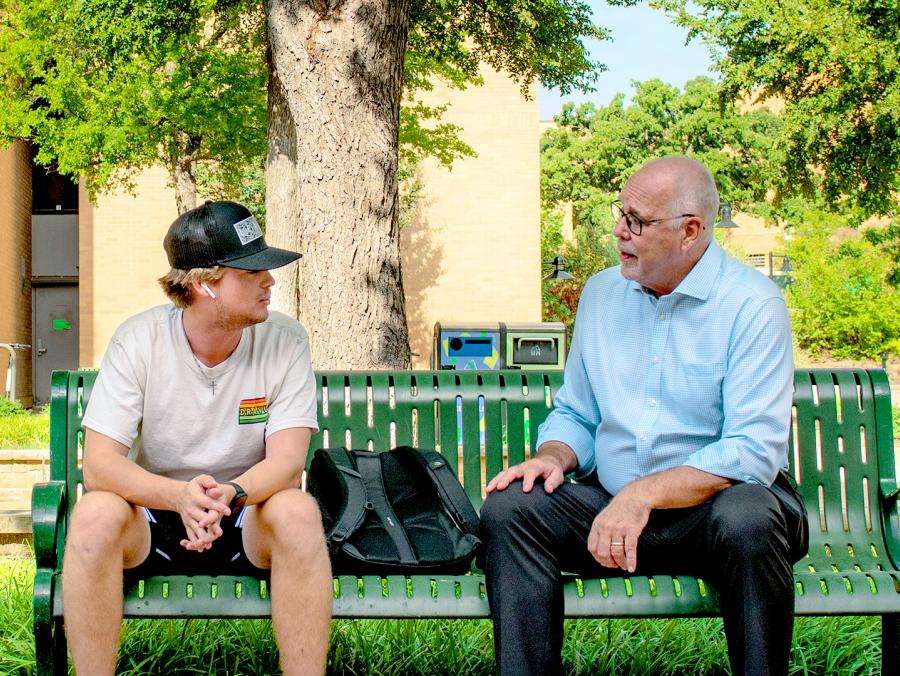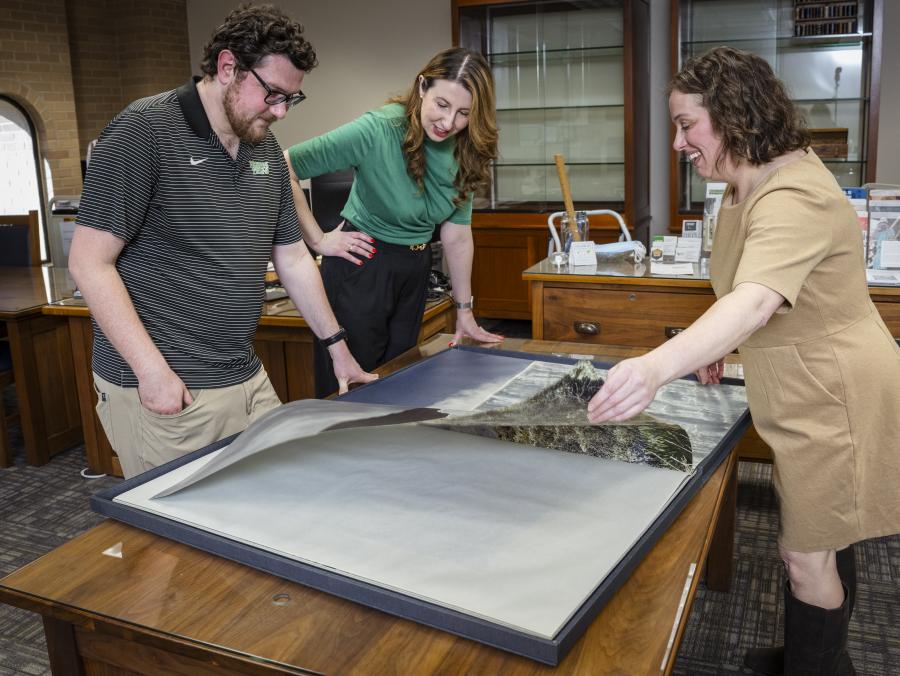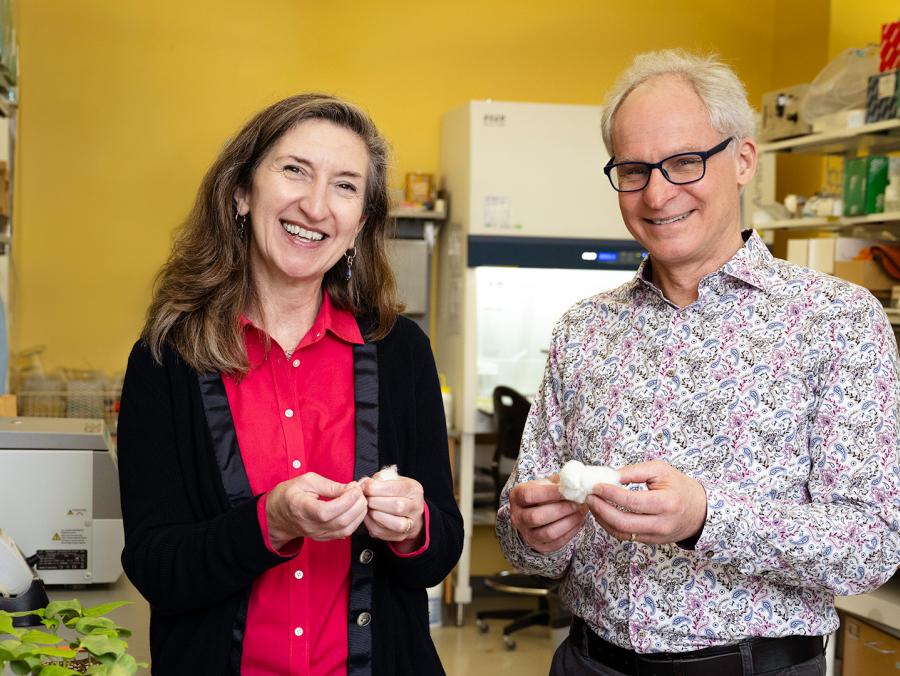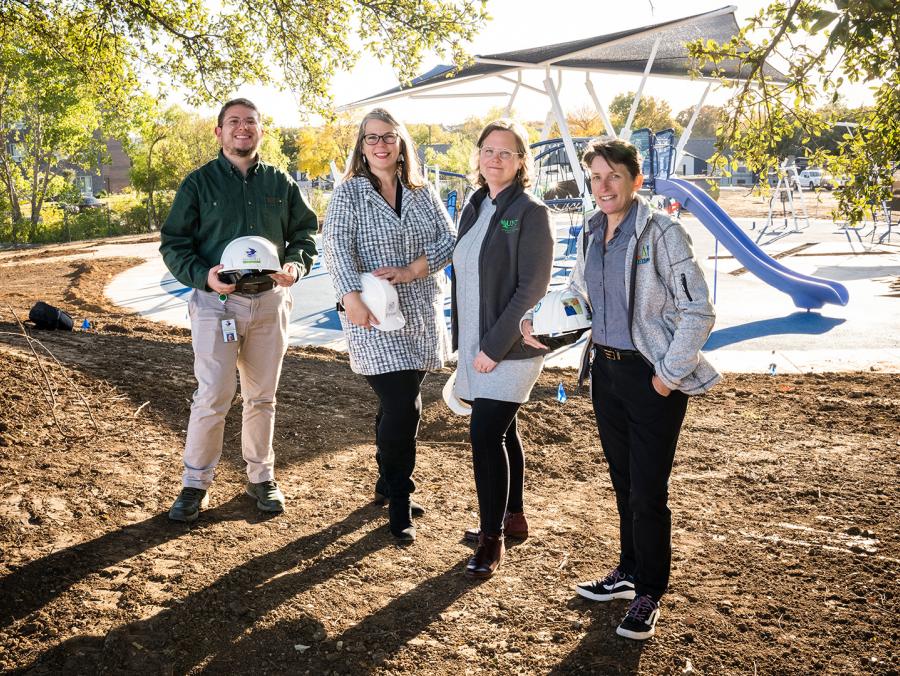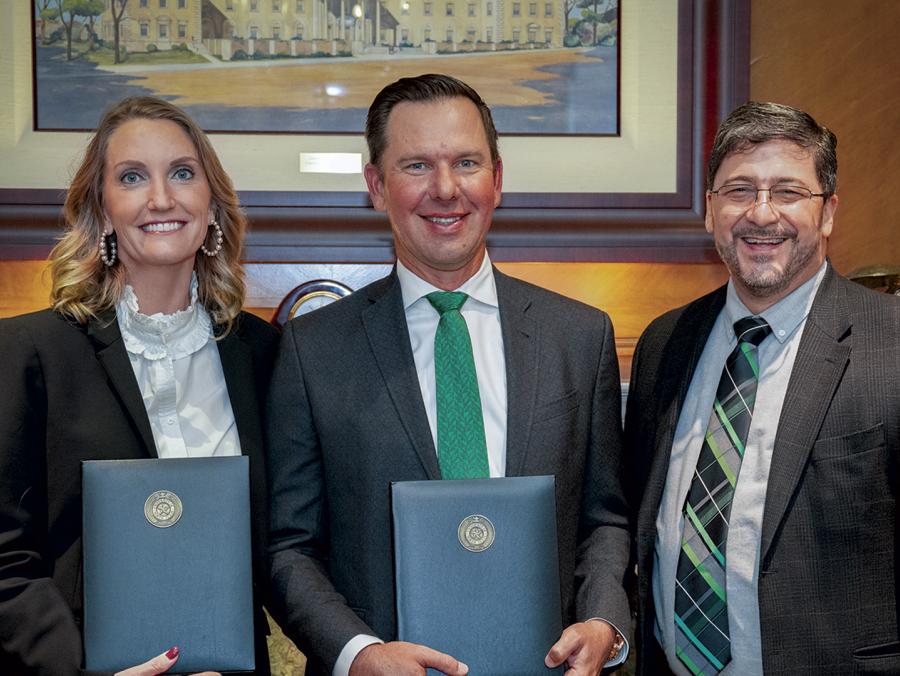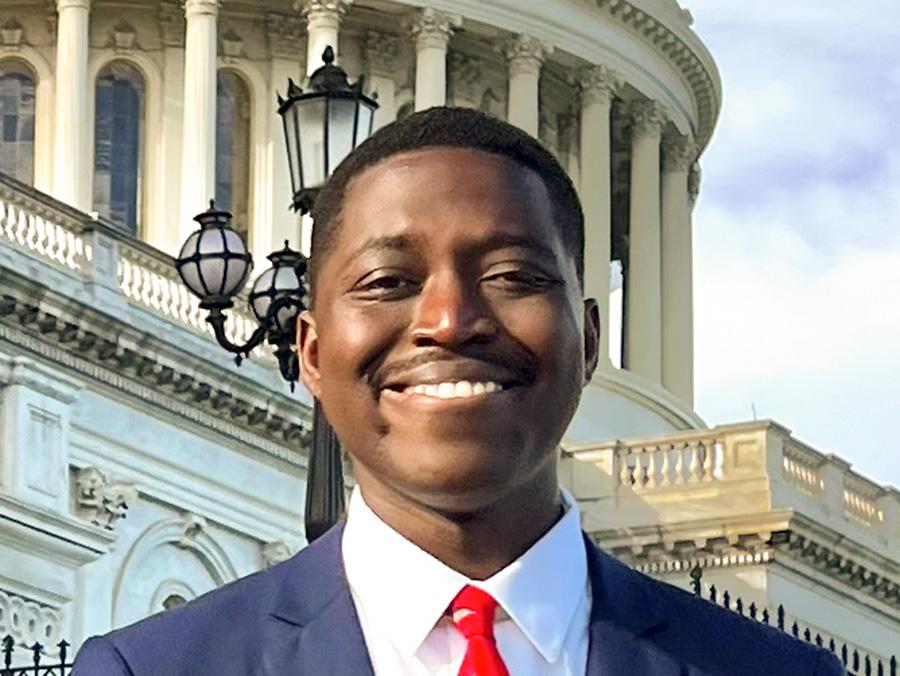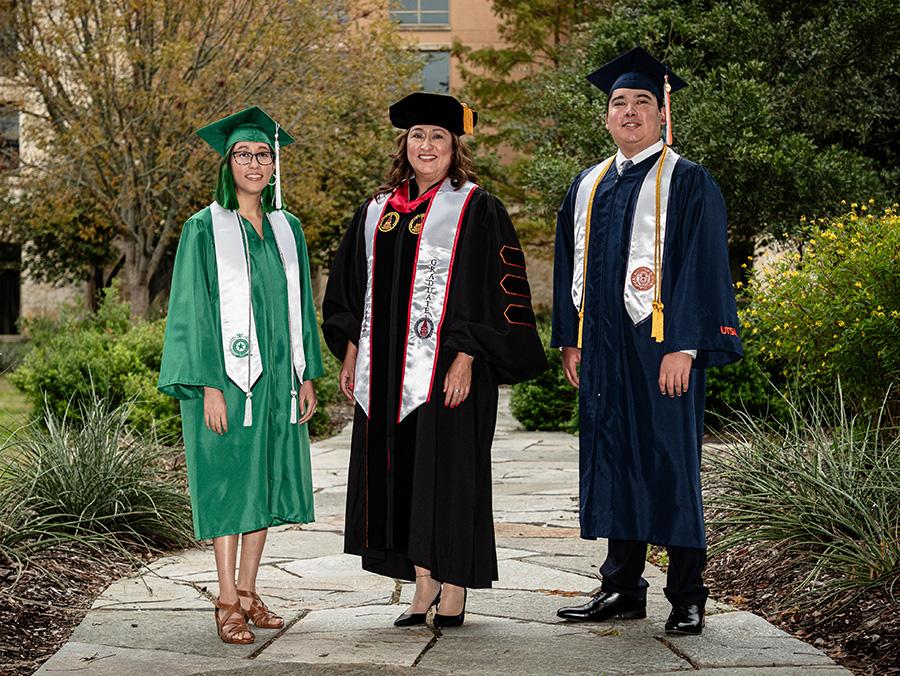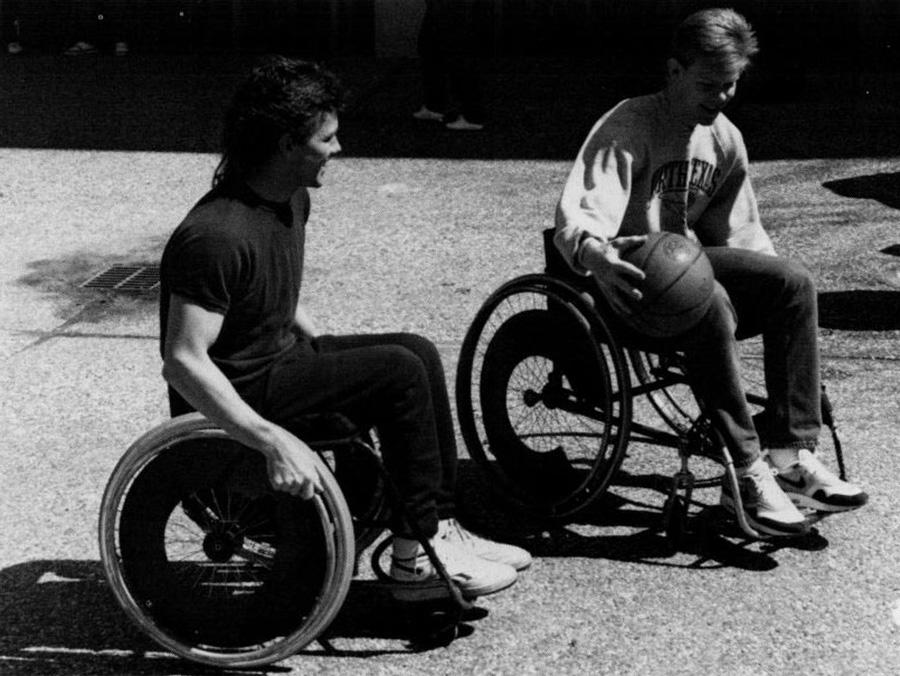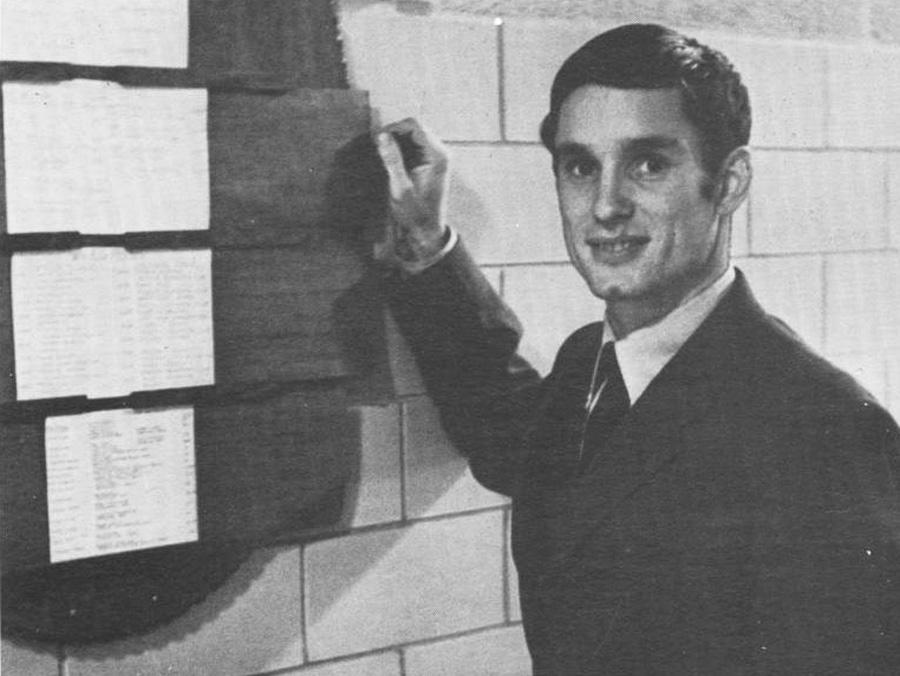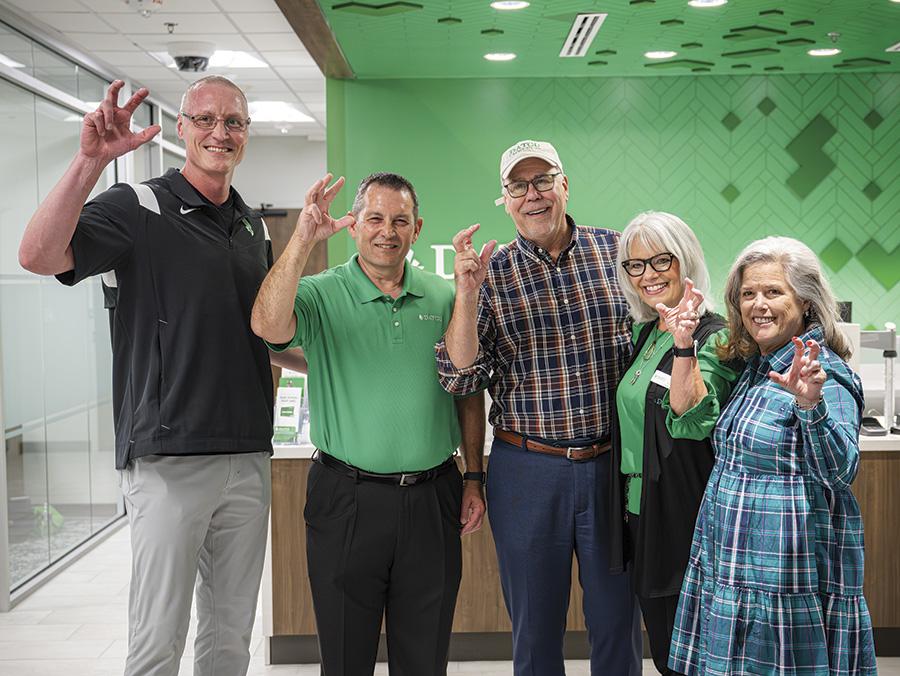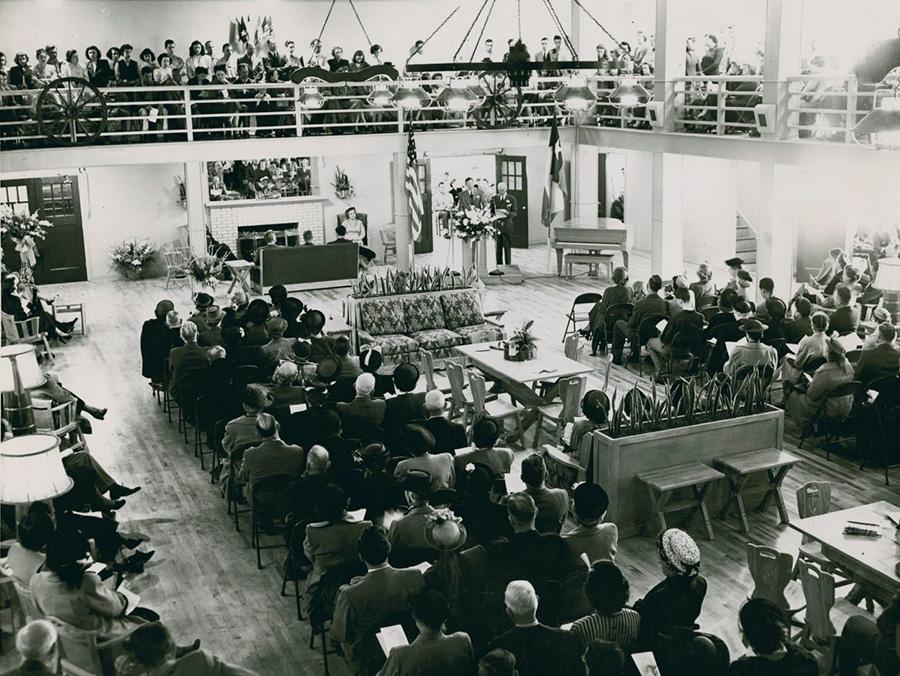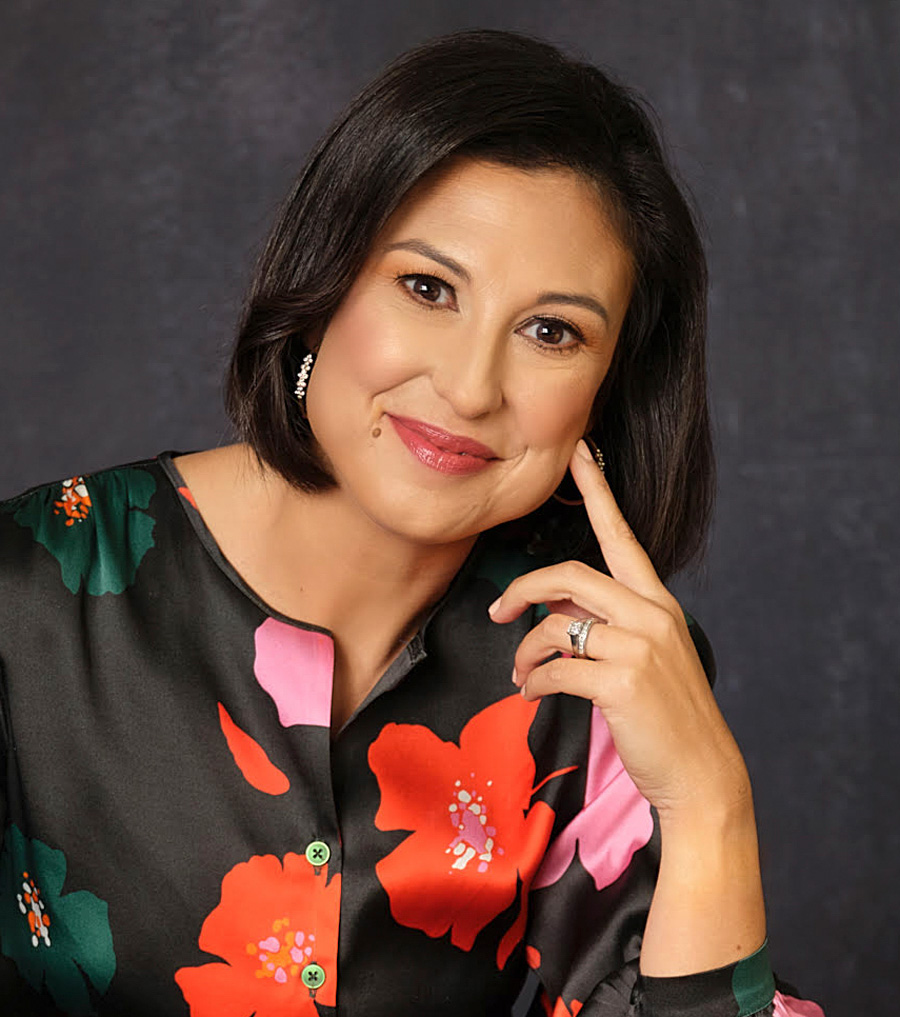
Amanda Churchill ('09 M.A.) is eager to show off the hardback version of her debut novel, The Turtle House.
The jacket features a Denton County farmhouse and windmill drawn by her aunt, June Marquis.
The spine features a turtle, which refers to the name of the country estate in the novel. The book cover is red – "my grandmother's favorite color."
It was her grandmother, Mieko Kyosaki Gann, who inspired the story, which depicts a Japanese war bride adjusting to life in the United States after War World II. Churchill's time in UNT's creative writing program taught her to write about emotional truth in her first novel, which was picked up by a major publisher and is receiving critical acclaim.
Her work also fills a gap in literature, since few novels cover the culture shock and trauma Japanese war brides experienced.
"I didn't know if it ever would be published, but I felt like I was doing it for my family and for my grandmother. I felt her story needed to be told."
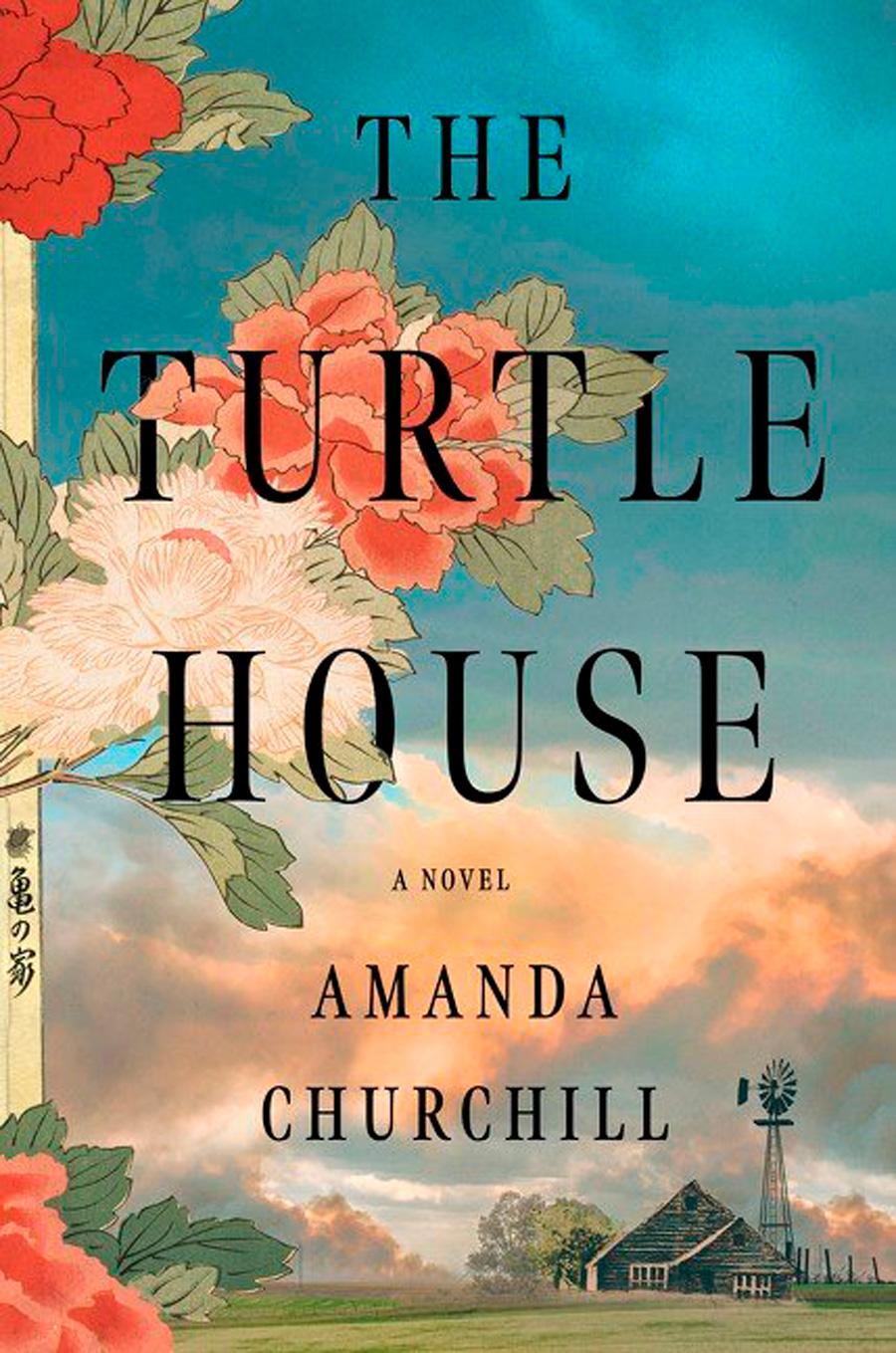
Churchill's family played an important role in her career.
Even at the age of 4, she knew she wanted to be both a writer and artist. She was inspired by her aunt Marquis, who served as one of the official artists for the Texas Sesquicentennial in 1986.
Churchill achieved her childhood dream. After earning her bachelor's degree from Texas A&M University, she worked as a graphic designer for Southwest Airlines before pursuing freelance work and raising her family.
"Graphic design seems to work well with my creative mind," says Churchill, who grew up in Roanoke and lives in Keller. "I'd be mad at my writing. So, I'd design something, and then I'd get mad at the design. 'Oh, this isn't coming together like I thought, I'm going to go back to writing.' It just kept me moving forward."
After a stint as a teacher, she enrolled in UNT's creative writing program, taking one class at a time. She learned most from faculty members Ann McCutchan and Barbara Rodman.
Churchill was pregnant at the time she was working on her thesis, a collection of short stories about the internment of Japanese Americans during World War II. Instead of having her walk across campus, Rodman invited her to her house to review it together.
McCutchan, who wrote nonfiction, gave students an exercise in writing about emotional truth. Students would free write about something they thought they could never write about. Students most often wrote about the biggest pain they've experienced, usually involving family or relationships.
"That's probably one of the hottest things you could write about -- something that has a lot of creative heat to it."
Churchill would soon find emotional truth through her own family.
"I think with a novel, especially, being able to be excited about a subject, curious about it, is imperative to surviving the long haul," she says. "The mystery of choices made two generations ago has been something I've been obsessed about. Why did my grandmother end up with my grandfather? Was she truly happy with her choices? How does one generation hold gratitude for the sacrifices of the previous generations?"
Her paternal grandparents, the Ganns, came to Texas after the war when her grandfather, John W. Gann, a Denton County native, was diagnosed with cancer. Her grandmother became a rancher's wife, raising children and experiencing a very different culture from Osaka Prefecture.
As a child, Churchill visited her grandmother in Ponder, peppering her with questions about Japan and the war. Her grandmother, who worked for Denton State School, refused to talk about it.
However, decades later, as Churchill was expecting her first child and her grandmother was battling cancer, Gann finally opened up. Some days her grandmother resisted, watching Japanese game shows and soap operas instead.
"It was like pulling taffy out of someone. I was just slowly getting the stories out, and there were things that I had never heard before."
In 2014, her grandmother passed away. Churchill began writing her book in longhand during the wee hours of the morning while her newborn was having trouble sleeping.
"I missed my grandmother, and it really seemed to help. But it was like walking down the sidewalk and then encountering a huge hole. I was like, 'Well, I'll just fill it in with what I think happened.'"
She attended writers conferences once a year to refresh her ideas and deepen her skills. By 2019, she had a full draft of the book and after some revisions, secured an agent in 2021. The novel was sold to Harper Collins that year.
Her family has reacted well to the book, even though it brought back memories of a painful time in the family's life. It was especially difficult for her father, Pat Gann, to read about the racism and cultural shock they encountered after moving from Japan to Texas.
"He had a hard time getting through that section of the book, and he was like, 'How did you know? How did you know what it was like driving up to the house the first time?' I guessed because my grandmother hadn't told me a lot of those parts. And I was right, and that was so strange. It was like as I was writing it, just something was telling me what occurred."
Now the family's experiences are out in the world.
"Everyone misses my grandmother. She was feisty and difficult and had a great personality," she says. "My Aunt June read it, and she loved having a version of her mother on the page."



